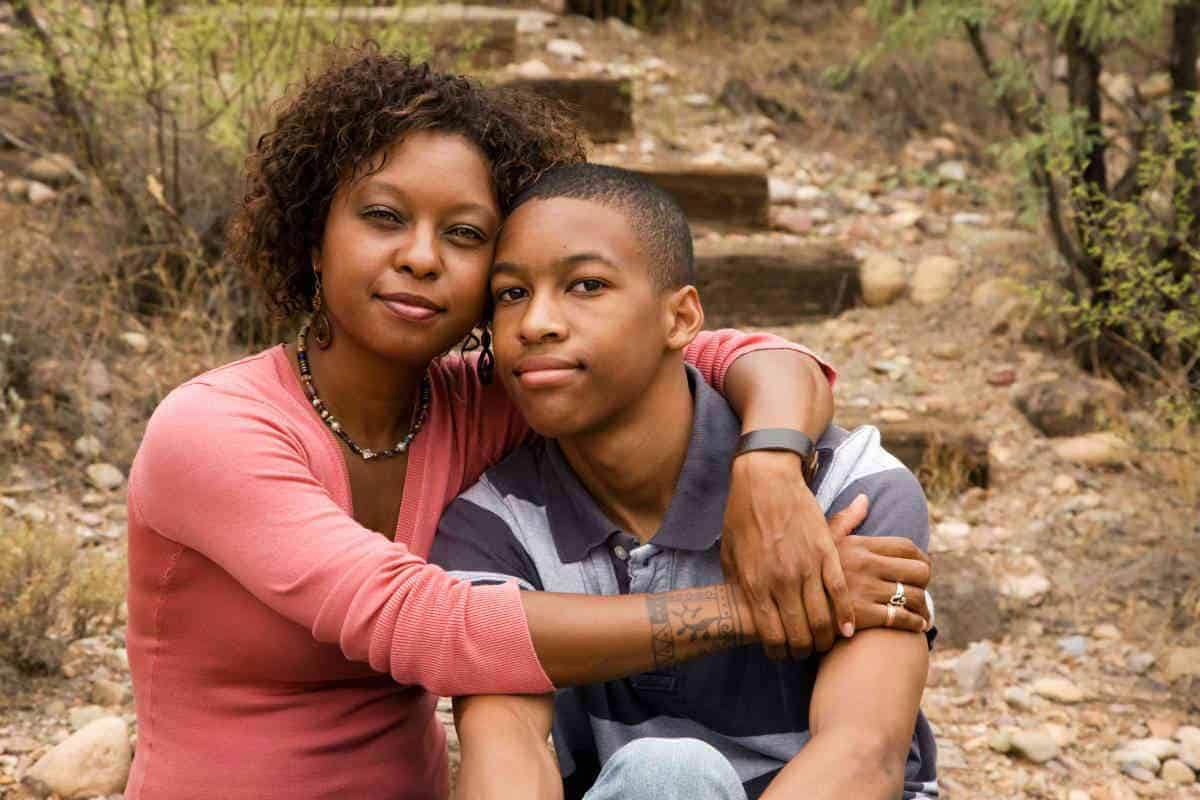When a minor is injured in an accident due to another person’s negligent actions, parents have a number of legal questions.
When a child gets injured due to the negligence of someone else, parents may feel confused and helpless. They may be faced with huge medical expenses, and may wonder if the child can file a personal injury lawsuit to recover the damages.
In Illinois, minors cannot file their own personal injury lawsuit. However, parents can take steps to advocate for them and make sure that the child gets adequate compensation for their injuries.
What to do When a Child Suffers an Injury?
A child who suffers a serious injury may require long term therapy and rehabilitation. The injured child may need lifelong treatment and assisted care. In cases of some severe injuries, the child may have to undergo multiple surgeries such as organ transplant. Some injuries are so serious that they can leave the child disabled for the rest of their life, unable to go to school, work or even enjoy a decent lifestyle.
When filing a personal injury lawsuit on behalf of a minor, you should consider some important factors:
- Present and future medical expenses
- Cost of property damage
- Medical equipment need, including wheel chair or other life sustaining equipment
- Cost of living, which includes all costs based on child’s disability such as cost of a live-in care assistant or cost of living in a care facility
- Loss of potential future income
- Pain and suffering
- Loss of enjoyment of life
- Loss of companionship
- Permanent disability or disfigurement
Personal Injury Lawsuits that Involve Children
Children under the age of 18 cannot file a personal injury lawsuit in Illinois. However, a parent or legal guardian can do so on their behalf. Due to the fact that lawsuits involving minors involve complex legal issues, parents should hire services of a Chicago personal injury lawyer who has experience in handling similar cases. An experienced lawyer will be in a better position to predict future costs, special care concerns and others.
Parents or even the victim cannot bring a second lawsuit later when expenses exhaust the initial compensation granted. So, it is important that you receive adequate compensation for the child’s injuries in the first lawsuit.
It is also important to understand that there are special limitations for a lawsuit brought on behalf of a minor. The child’s settlement can be kept in a protective bank account with authorization to withdraw funds that are directly related to the child’s care and living expenses.
Contact Willens & Baez
If your child has been injured due to the negligence of another person, you may wonder what your child’s and your rights are, and what you can do to protect the best interests of your child. In some cases, the child’s injuries are permanent, which means the child would need lifetime care and therapy.
Willens & Baez is a top-rated personal injury law firm headquartered in Chicago and serving all of Illinois. Representing the injured is all we do. We focus exclusively on representing individuals and their families who were injured by someone else’s negligence.
Please call us today at (312) 957-4166 or fill out our online contact form.












